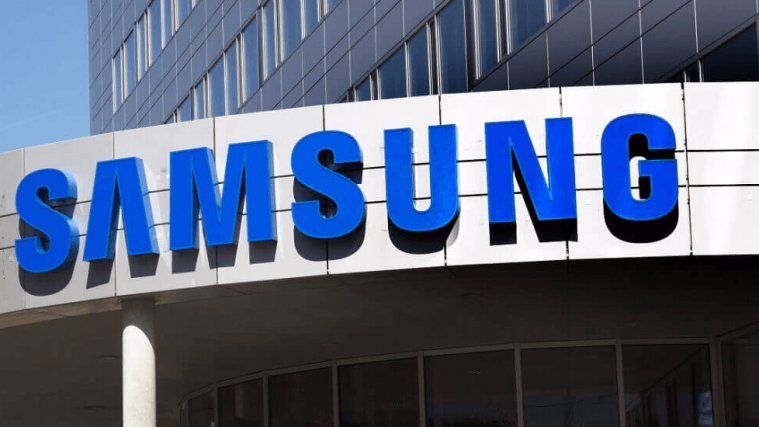Ever since Samsung released its flagship Galaxy S8 and S8+ smartphones, the laurels and eulogies have not stopped pouring. In fact, the pre-order for the devices have broken all records in Samsung’s history. But despite this, all may not be too well with the Korean tech giant as the sales of its smartphones are fast slipping away in China, which is the world’s largest smartphone market, to other more known local brands.
As per a report published by Hong Kong based Counterpoint Technology Market Research, the sale of Samsung’s smartphones decreased by over 50 percent in China in Q1 this year. At the same time, the market share of Chinese brands including Huawei, Oppo and Vivo witnessed a great leap in the home country during the same period.
Read: Samsung registers record profits in Q1 2017 despite decreased flagship mobile sales
The reason behind the dropped Samsung sales is being attributed to the expensive price tag attached to Samsung phones. Jeon Byeong-seo, head of China Economy and Finance Research was quoted by The Investor as saying:
Samsung’s smartphones are more expensive, available only at offline agents and lack localized app services. The company needs to figure out more how to satisfy Chinese consumers’ needs.
On the other hand, Jeon added that ‘Chinese mainstream smartphone consumers in their 20s and 30s normally buy their phones online and put more value on app services.’
Read: Samsung Galaxy S7 sales reach 55 million
In terms of figures, Samsung’s market share fell to 3.3 percent from 8.6 percent while Samsung smartphone sales dropped around 60 percent year-on-year to 3.5 million units in the first quarter in China.
On the contrary, the market share of Huawei, Oppo and Vivo increased during the same period by 19.7 percent, 17.5 percent and 17.1 percent respectively while shipments of smartphones of the three Chinese brands increased 81 percent, 60 percent and 25 percent, respectively for Oppo, Vivo and Huawei. Thus, Oppo and Vivo have emerged as the fastest growing brands in China followed by Huawei.
via The Investor






